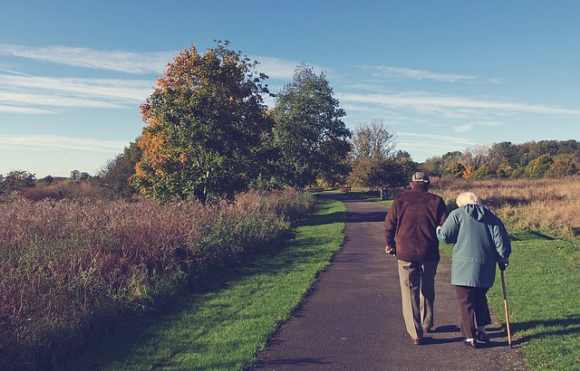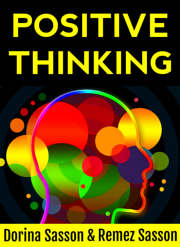
Have you, consciously or unconsciously, embraced any stereotypes about aging and elderly people?
Perhaps you view the elderly as veritable fountains of wisdom—wisdom that has accumulated from living life fully and learning from a considerable accumulation of life experience.
Perhaps you acknowledge that retirement is the time when people have the best chance of leading the lives they have always dreamed of.
Browse our online courses on meditation, positive thinking, overcoming procrastination, confidence, and freedom from distractions.
Numerous retirees are able to use this time to develop their overlooked creative talents and become their very best selves. Retirement can offer a second chance at meeting life’s goals that have gone unmet up until that point.
On the other hand, maybe you see older people as weak, feeble, and increasingly useless members of society. (We hope not, but there are indeed people out there who hold this detrimental view).
Your Outlook on Aging
Scientific research suggests that one’s outlook on aging can affect multiple aspects of one’s actual aging process.
Consider this fascinating study performed by researchers at Yale University and published in The Journal of the American Medical Association. The main focus of the study is evaluating the effect that an elderly person’s views on aging have on their actual aging process.
The researchers focused their efforts on monitoring four distinct facets of the aging process in their elderly subjects:
- Bathing
- Getting themselves dressed
- Getting up out of a chair
- Walking
Previous research has determined that elderly adults who are able to perform successfully these activities tend to enjoy longer lifespans than those who cannot.
They also do not need to rely on healthcare facilities as much for care, and they are able to remain independent for longer.
Building on those observations, the researchers wanted to understand how mental outlook would affect their subjects’ abilities to perform these crucial activities.
The researchers divided their elderly subjects into two groups with different views about aging. There was a positive age stereotype group and a negative group.
The conclusion of the study: Subjects in the positive group were found to be 44 percent likelier to recover from a serious disability.
This research once again affirms what we already knew: There is an undeniably powerful connection between the mind and the body. What we believe in our minds shapes the physical realities we experience.
Therefore, if we determine in our minds to remain youthful, vigorous and energetic as we age, our minds communicate these resolutions to our bodies – and our bodies respond accordingly.
The stronger the resolution, and the stronger the associated desires, the stronger the physical responses to them are likely to be.
Mainstream education for elderly care workers all but ignores the mind-body connection.
Training for Home Healthcare Workers
In the United States, no formal training is required to become a home health aide. When home healthcare workers do take action to acquire training in this discipline, the training typically consists of fundamentals such as CPR certification, the accurate reading and recording of patients’ vital signs, and personal hygiene basics.
In Australia, the certificate III in individual support is a qualification that can help an aged care worker to secure employment.
According to Training.com.au, which is a noteworthy vocational education hub, 80.7 percent of the graduates of this type of program go on to find jobs as community and personal service workers. Most – 81.2 percent – obtain employment in Australia’s healthcare and social assistance industry.
This type of training program enables careers to learn how to provide food service to the elderly and meet their personal support needs. But it largely ignores some of the most compelling realizations regarding the power of harnessing the human mind to improve the health of the physical body.
This research suggests that it would be valuable for healthcare workers to make efforts in promoting positive age stereotypes to their patients of all ages – but particularly to their elderly patients.
Imagine the life-changing results our society could enjoy if aged care workers were not only trained in the art of physically caring for their patients, but also trained in the art of guiding their clients to think positively.
Imagine the outcome if healthcare workers could help their elderly patients to actively direct their mental energies towards healing and prospering.
Most likely, additional compelling research will be needed in this area to convince educators and healthcare administrators to make worthwhile changes incorporating mind-body awareness into their curricula and healthcare practices.
In the meantime, those of us who become aware of these research results have an ethical obligation to do what we can in empowering our elderly friends, loved ones and colleagues to understand the life-changing principles we have learned.

